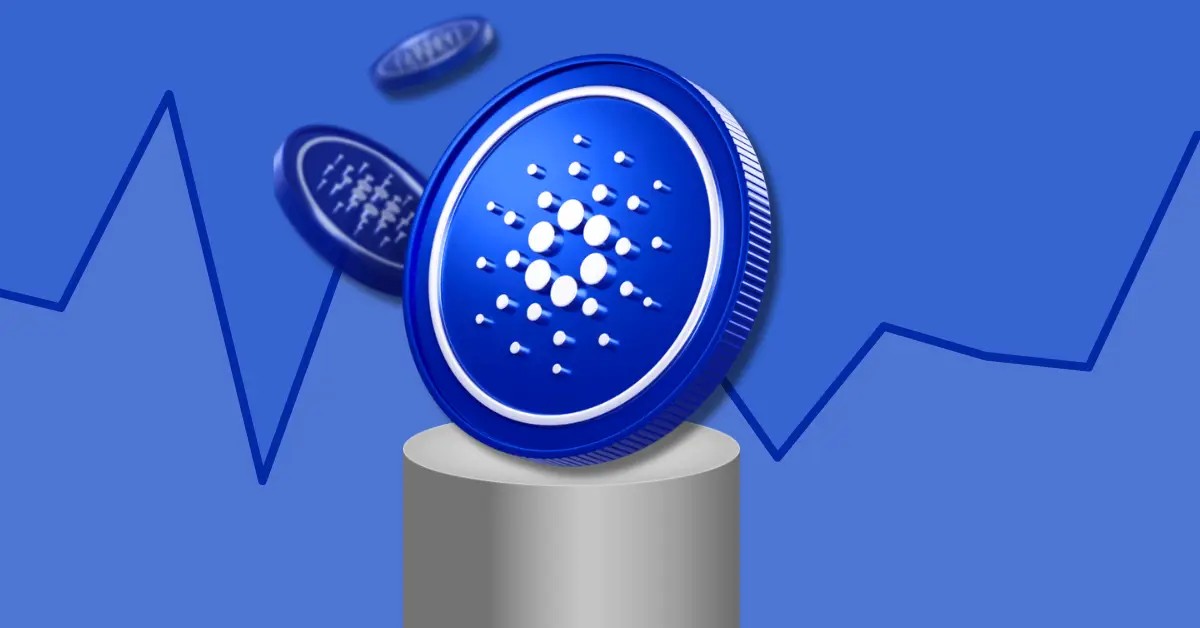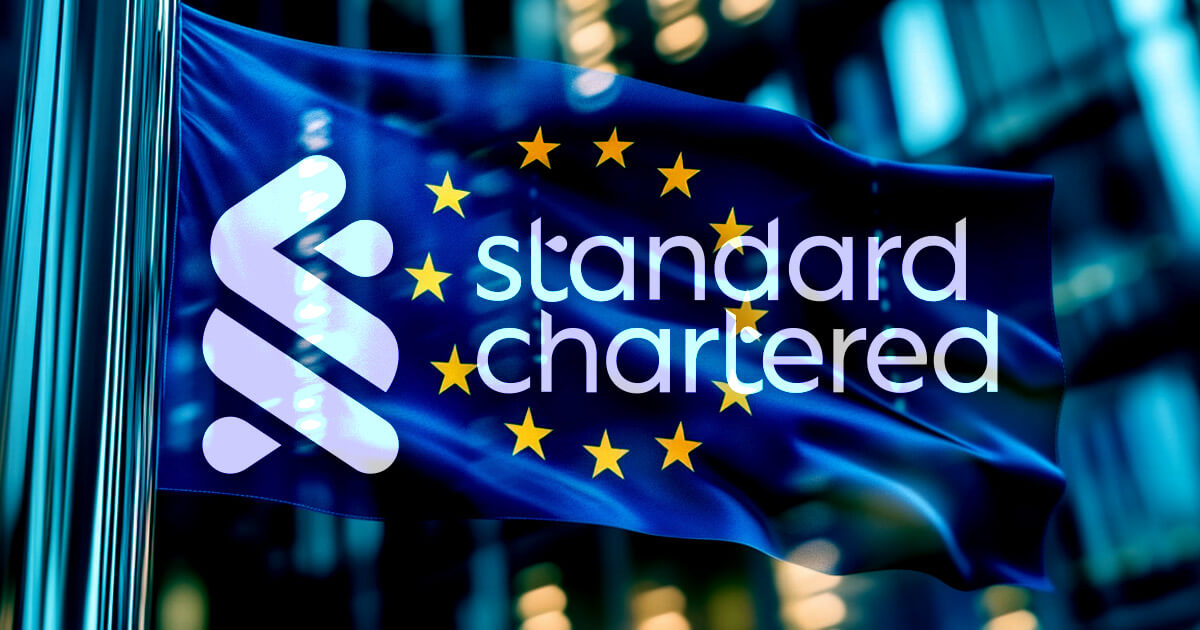The European Union’s Markets in Crypto-Assets (MiCA) regulation is the most comprehensive global crypto framework. However, it’s essential to understand that not all crypto-assets and activities fall under its purview. Patrick Hansen, a crypto expert, recently took to Twitter to shed light on what the MiCA regulation does and doesn’t cover.
According to Hansen, utility tokens only used and usable within a specific network are not subject to MiCA regulation. Additionally, crypto-asset offerings to fewer than 150 people per EU member state or to qualified investors are exempt. Offerings that are less than 1 million EUR within 12 months fall outside the scope of MiCA.
Lending and borrowing activities involving crypto-assets, including e-money tokens, are outside MiCA’s scope. These activities will not require regulatory approval under the new framework.
Decentralization and Issuer Identification
Crypto-asset services provided in a “fully-decentralized manner” are not subject to MiCA. Similarly, crypto-assets without an identifiable issuer do not have white paper or authorization requirements. However, partially decentralized services will fall under MiCA, posing challenges for implementation.
MiCA does not apply to Non-Fungible Tokens (NFTs), including digital art and collectibles or crypto-assets representing unique and non-fungible assets like real estate. However, fractional parts of an NFT and NFTs issued in large series or collections do fall under MiCA’s scope.
Noncustodial wallets, hardware, and software providers are outside MiCA’s regulatory scope. This provides some relief to companies offering these services.
Public Entities and International Organizations
Intragroup transactions, public entities, and international organizations like the IMF or the BIS are also excluded from MiCA. Central Bank Digital Currencies (CBDCs) and other crypto-assets issued by public authorities are not subject to this regulation.
Trade on US-Banned Exchanges With No KYC 🤫
Tired of missing hot new listings because your favorite exchange is banned in the US? 🇺🇸
With RocketXchange you can finally trade on Kucoin, ByBit and more without registration or KYC! 🙌
Simply connect your wallet to access every coin. No VPN needed.
Seamlessly bridge between EVM, Solana, Cosmos and 100+ chains. Discover the next crypto gem with low fees.
Take your trading to the next level with:
- Instant access to banned CEXs 🚫
- No KYC required 🙅♂️
- Trade on your terms – no registration required
- Maintain full custody – tokens stay in your wallet
- Access liquidity across leading DEXs and CEXs
- Bridge assets quickly between any blockchain
Escape CEX limits today with RocketXchange!
Show more +Crypto assets already qualifying as financial instruments under EU law, such as MiFID securities, are outside MiCA’s scope. The European Securities and Markets Authority (ESMA) will publish guidelines on the criteria for such qualifications. Validators and miners are also not considered transfer service providers under MiCA.
Tokens created through mining or staking activities are not within MiCA’s regulatory framework, providing some clarity for miners and stakers.
While the MiCA regulation is comprehensive, it leaves room for certain crypto-assets and activities to operate without regulatory approval. As the EU continues refining its approach to crypto regulation, understanding these nuances is crucial for investors and service providers.
Join us on Twitter and Facebook for the latest insights and discussions in the world of crypto.
Explore our news section and stay ahead of the curve with our expert price predictions.


CaptainAltcoin’s writers and guest post authors may or may not have a vested interest in any of the mentioned projects and businesses. None of the content on CaptainAltcoin is investment advice nor is it a replacement for advice from a certified financial planner. The views expressed in this article are those of the author and do not necessarily reflect the official policy or position of CaptainAltcoin.com















































